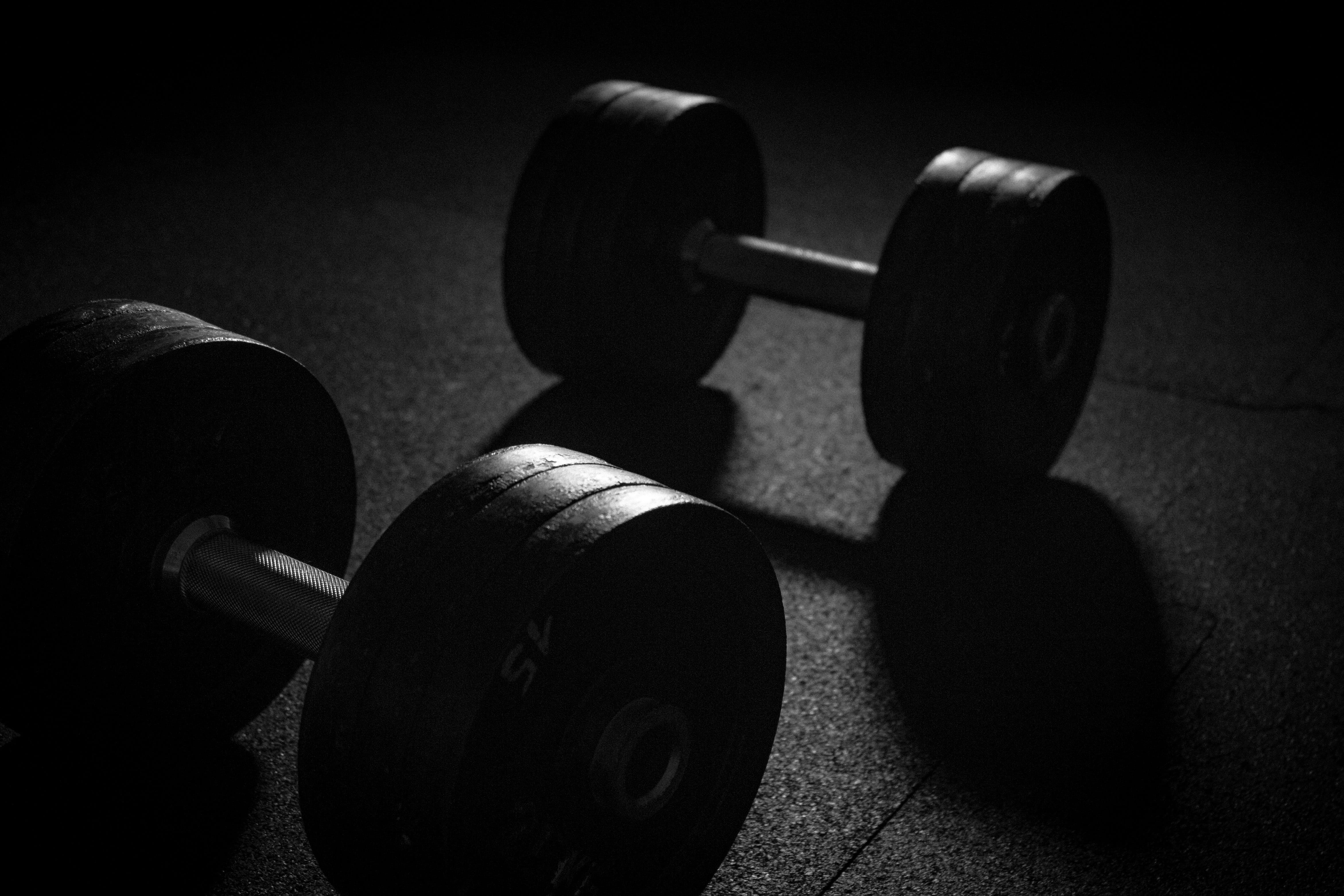News release
From:
Exercise key to improving sexual dysfunction for patients with prostate cancer
New research from Edith Cowan University (ECU) has confirmed that erectile dysfunction in patients living with prostate cancer could be significantly improved through regular exercise.
Sexual dysfunction is a critical adverse effect of prostate cancer treatment and a major survivorship issue for patients and their partners.
Director of the Exercise Medicine Research Institute at ECU Professor Daniel Galvão noted that there was a critical window of rehabilitation following cancer treatments, in which patients had the opportunity to address this issue without the need for medical or surgical intervention.
“Erectile dysfunction is a major issue that affects prostate cancer patients, but it also results in relationship issues. Most of these patients aren’t offered health interventions to support their sexual function, and we are hoping to address this,” he added.
In the first of its kind, Professor Galvão explored the impact that regular exercise and the introduction of psychosexual education and a self-managed intervention (PESM) had on sexual function and sexual satisfaction of patients with prostate cancer.
In a randomised trial that lasted six months, Professor Galvão studied the impact that targeted exercise had on 112 participants diagnosed with prostate cancer.
Study participants undertook a combination of aerobic and resistance training three days a week, under clinical supervision, with the aerobic component involving between 20 to 30 minutes of cardiovascular exercise at moderate to high intensity. Participants also undertook between six to eight resistance training exercises, with intensity ranging from 6 to 12 repetitions each session.
“The study participants were also asked to work out at home to accumulate a total of at least 150 minutes of moderate to high-intensity aerobic exercise per week,” Professor Galvão said.
In addition to the exercise interventions, some of the study participants were also equipped with a brief psychosexual education and self-management (PESM) intervention, which consisted of a range of tools for sexual rehabilitation and education, including reading material on the treatment of erectile dysfunction and audio resources for stress management.
The research showed that the brief PESM intervention did not result in any additional improvements. However, for the participants undertaking physical exercise, the research findings were significantly improved erectile function compared with usual care.
The effects of exercise for erectile function were more significant for the subgroups who had received radiotherapy and androgen deprivation therapy, compared with those who had undergone a prostatectomy.
Participants that had reported lower levels of sexual desire, intercourse satisfaction and overall satisfaction prior to the exercise intervention, had also reported higher levels of benefit.
“The study suggests that exercise would be an effective intervention for men with prostate cancer who express concern about sexual dysfunction, and that exercise medicine should be considered a key part of their treatment,” Professor Galvão said.
In addition to sexual function, regular exercise also had a significant effect on preventing body fat weight gain and resulted in significant improvements in muscle strength of the participants, he added.
- ends -
Media contact: Esmarie Iannucci, Media Advisor, 0405 774 465



 Australia; VIC; QLD; WA
Australia; VIC; QLD; WA



